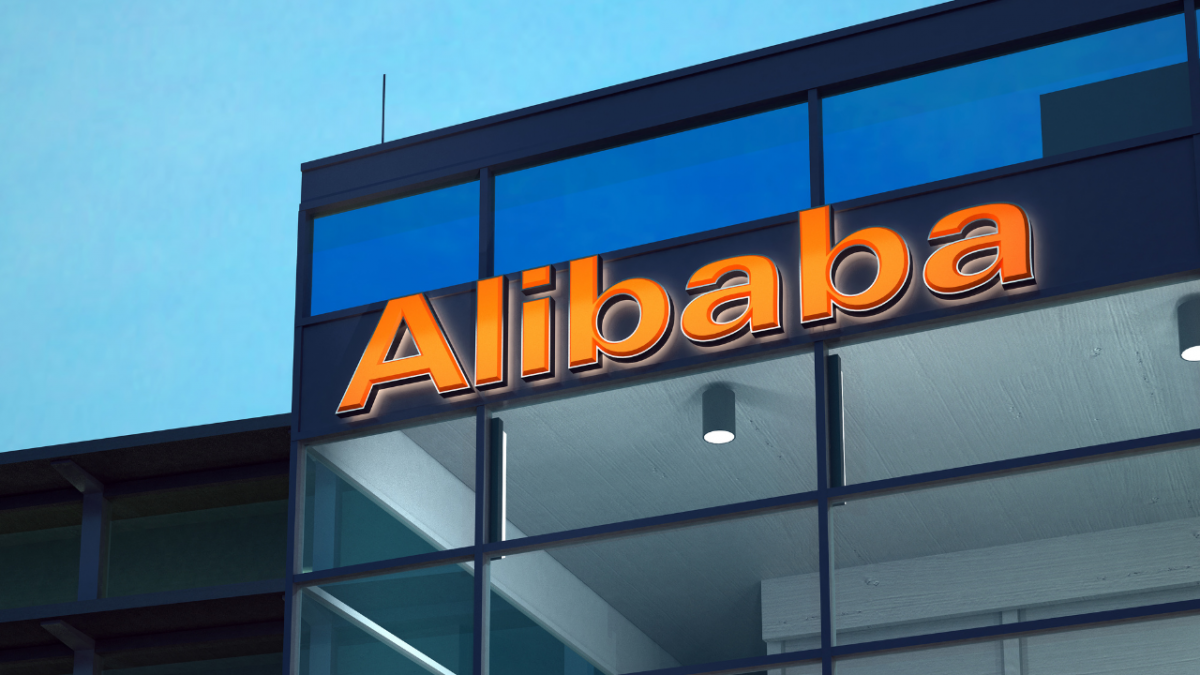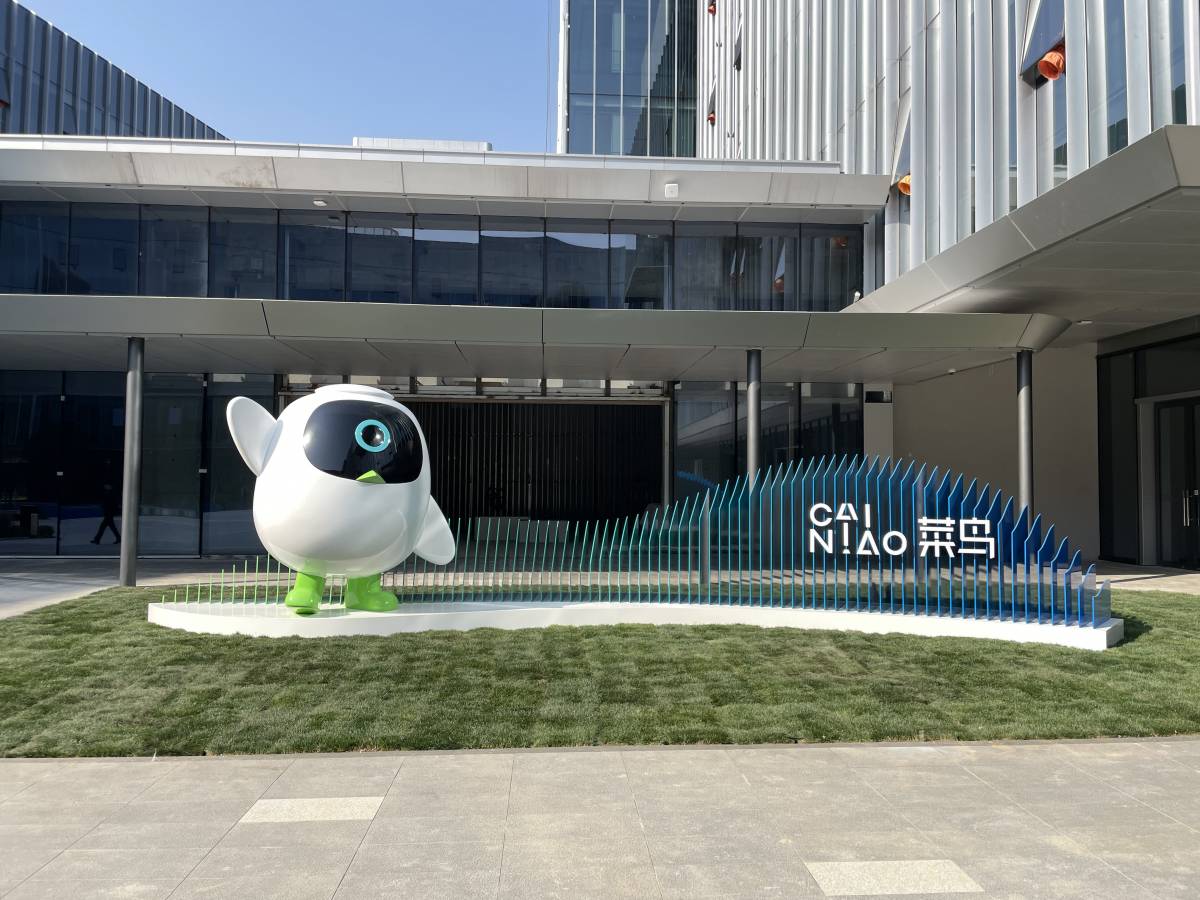
Alibaba Group’s plan to take its flagship e-commerce company Alibaba.com private was approved at a special shareholders meeting in Hong Kong today, capping abig week for the Chinese Internet company as it positions itself to meettougher challenges at home and abroad.
With the go-ahead from shareholders, Alibaba Group will now be able to repurchase the 27 percent minority stake in Alibaba.com it does not already own for about $2.45 billion and delist the online trading website from the Hong Kong Stock Exchange. At the meeting, 95.5 percent of the outstanding Alibaba.com shares werevoted in favor of the privatization plan. Alibaba Group offered to pay independent stockholders HK$13.50 per share, or about 60% more than the stock’s average closing price for the two months prior to the announcement of the proposal in February.
Theprivatization votecame just five days after an announcement that Yahoo would sell most of its ownership stake in Alibaba Group back to Alibaba in stages, initially by selling up to half of its 40 percent stake for at least $7.1 billion.
Company officials stressed that privatization of Alibaba.com and the agreement with Yahoo are unrelated. But together, the deals effectively give Alibaba Group Chairman and CEO Jack Ma a freer hand and more flexibility in managing a fast-growing but potentially unruly sprawl of e-commerce companies. Alibaba Group, which has more than 25,000 employees, includes China’s largest wholesale and retail websites, the country’s largest online payments provider, a Web portal, shopping search engine and cloud-based data company, among other subsidiaries.
Alibaba Group posted a $339 million profit in the 12 months through October 2011, up seven-fold over the previous 12-month period. Revenue grew to US$2.3 billion last year, from $1.3 billion in 2010 and $730 million in 2009.
Squeezing more efficiency out of available Group resources is becoming increasingly important as key Alibaba companies face tougher competition from well-financed challengers like retail website 360buy and Amazon.cn. Alibaba reportedly is considering a consolidation of the independent teams that currently provide information-technologyservices and infrastructureto subsidiaries including Alibaba.com, Taobao Marketplace and Tmall. Greater inter-Group coordination, like sharing of warehouse space and logistics services, could also be a management focus as Alibaba fends off rivals trying to win market share by offering improved customer service and reliable package delivery in a country where delivery networks are underdeveloped.
Alibaba Group is also faced with adapting in coming years as the heated growth of e-commerce in China begins to cool with the maturing of the market, and as the country’s overall GDP growth moderates.
One of the reasons Alibaba Group officials gave for wanting to take Alibaba.com private are expectations that the B2B website, which depends heavily on subscription fees from Chinese exporters for revenue, will see slowing membership growth as the company rolls out a new business strategy. This strategy dials back aggressive efforts to recruit subscibers and instead emphasizes a higher-quality user experience and the expansion of value-added services.
The company warned the changes could affect the firm’s financial performance and stock price in the short- to medium-term. Alibaba.com’s revenue last year grew 16 percent to $1.02 billion, compared with annual growth of 38 percent in 2010. Gross profit was $800 million, up 11.5 percent compared with 2010 results.
Today’s shareholders meeting and privatization vote marked an unceremonious end to Alibaba.com’s run as a public company, which lasted less than five years. The world’s largest B2B marketplace listed on the Hong Kong Stock Exchange in November 2007, raising US$1.7 billion. At the time,it was the largest Internet IPO sinceGoogle’s 2004 NASDAQ offering. Through the privatization plan, shareholders will be paid the same price–HK$13.50–that the stocked debuted at in the 2007 IPO.
Ma–who with 17 others founded Alibaba.com in Hangzhou, China, in 1999 to help small Chinese manufacturers find customers over the Internet–did not attend the shareholders meeting.
The last day of trading in Alibaba.com stock on the Hong Kong exchange is expected to be June 8. Payments to shareholders are expected to start going out in late June.




